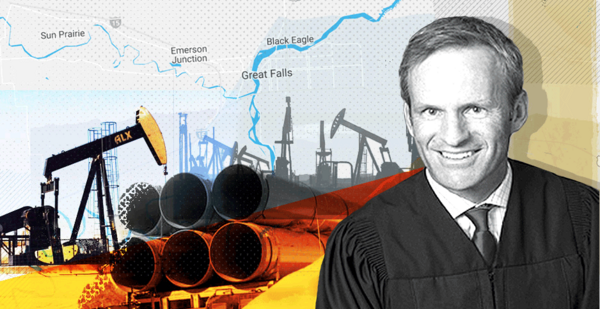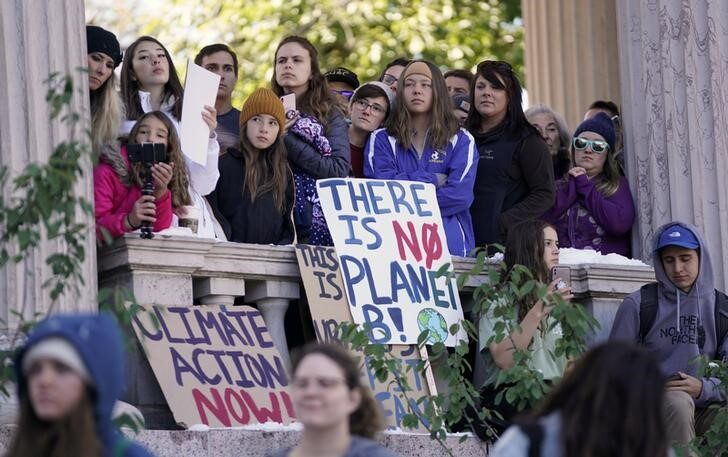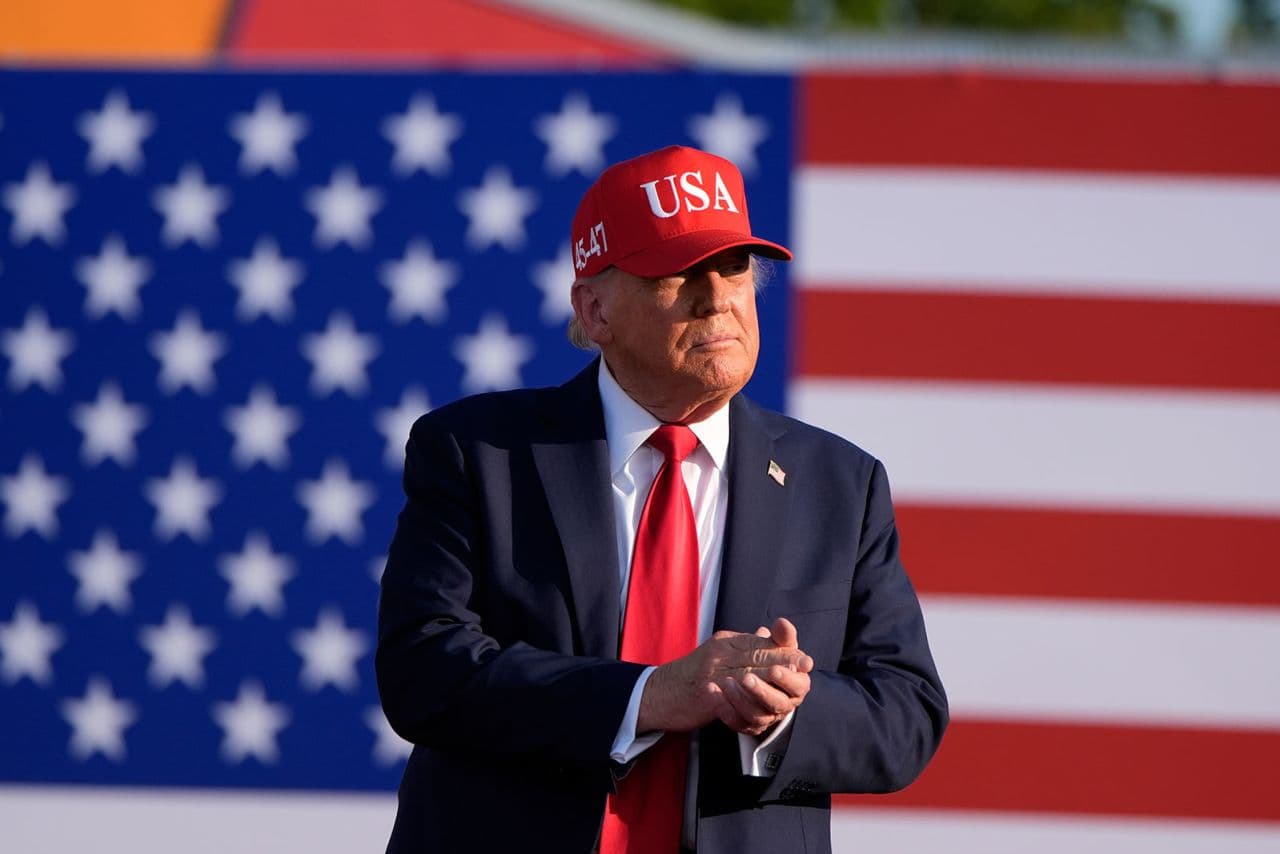Youth Stand Against Fossil Fuel Expansion
A group of 22 young people from across the United States has filed a groundbreaking lawsuit against the Trump administration, accusing it of violating their constitutional rights by prioritizing fossil fuel expansion through a series of damaging executive orders. This bold legal action, initiated in the U.S. District Court in Montana, challenges three specific executive orders: "Unleashing American Energy," "Declaring a National Energy Emergency," and "Reinvigorating America’s Beautiful Clean Coal Industry." The plaintiffs argue that these orders will not only exacerbate greenhouse gas emissions but will also deepen the climate emergency that threatens their lives and futures.
Legal Framework Based on Constitutional Rights
According to the lawsuit, the executive orders represent a blatant disregard for the plaintiffs" constitutional rights to life and liberty. They contend that the administration"s aggressive push for fossil fuel development is accelerating climate change and leading to devastating environmental impacts, including wildfires, hurricanes, and floods. The young plaintiffs hail from diverse backgrounds and regions, ranging from Montana to Florida, and represent a generation that has already faced the harsh realities of climate change. Such experiences include displacement from homes due to flooding and health issues exacerbated by increasingly severe weather events.

Meet the judge at the heart of the West"s top energy battles ...
Voices of the Plaintiffs Highlight Urgency
Among the plaintiffs is a 7-year-old boy, referred to as J.K. in the lawsuit, who suffers from frequent respiratory infections made worse by wildfire smoke. Eva Lighthiser, a 19-year-old from Livingston, Montana, recounts how flooding forced her family to relocate and how the smoke from nearby wildfires disrupts her daily life. These personal stories illuminate the broader consequences of the Trump administration"s fossil fuel policies, illustrating how climate change is not an abstract issue but a lived experience for many young people today.
Climate Anxiety and Mental Health Impacts
The psychological toll of climate change is also evident among the plaintiffs. Olivia Vesovich, a 21-year-old from Missoula, Montana, describes her climate anxiety as a heavy weight, affecting her ability to think and breathe. This emotional distress is a growing concern among young activists, who are increasingly vocal about the mental health impacts tied to environmental instability. As reported by experts, the intersection of climate change and mental health must be addressed as part of a comprehensive approach to climate justice.
Legal Precedents and Global Movements
This lawsuit builds upon previous climate litigation efforts, such as the notable case of Juliana v. United States, which sought to hold the government accountable for its role in perpetuating a fossil fuel-driven economy. Although the Supreme Court declined to hear the Juliana case, the legal framework established by that lawsuit has inspired over 60 youth-led climate lawsuits globally, showcasing a growing recognition of the rights of young people in climate discourse.
Our Children’s Trust, the organization representing the plaintiffs, has been at the forefront of this movement, advocating for legal recognition of the youth"s right to a stable climate. Their previous successes in Montana and Hawaii demonstrate that the legal system can be a powerful tool for environmental advocacy, as courts begin to acknowledge the government’s constitutional responsibility to protect citizens from climate change.

US Supreme Court turns away bid to revive youth climate ...
Political Implications and Public Response
The lawsuit has sparked a national conversation about the role of the federal government in addressing the climate crisis. As the Trump administration continues to push for fossil fuel dominance, public sentiment appears to be shifting. A recent report by risk management experts warns that unchecked climate change could halve the global GDP by the end of the century, emphasizing the urgency of transitioning away from fossil fuels. The administration"s claims of an "energy emergency" are increasingly being challenged by grassroots movements, including the Fridays for Future protests that mobilized hundreds of youth across the country.
In a statement, White House assistant press secretary Taylor Rogers dismissed the lawsuit, asserting that future generations should not bear the economic burdens of progressive climate agendas. However, the voices of the plaintiffs demand accountability and a future free from the chokehold of fossil fuels. As young activists continue to gather at city halls and advocate for legislative change, the implications of this lawsuit extend far beyond the courtroom. This is a critical moment that could redefine the relationship between the government and the governed in the context of climate action.







![[Video] Gunfire between Iraqi security forces and Sadr militias in Baghdad](/_next/image?url=%2Fapi%2Fimage%2Fthumbnails%2Fthumbnail-1768343508874-4redb-thumbnail.jpg&w=3840&q=75)
